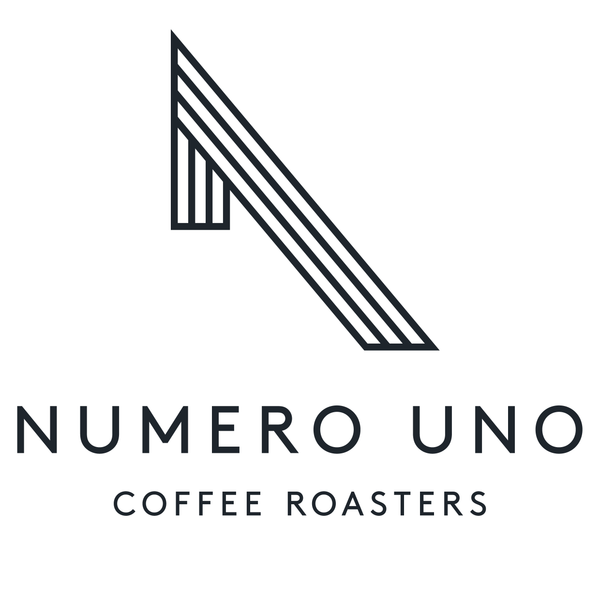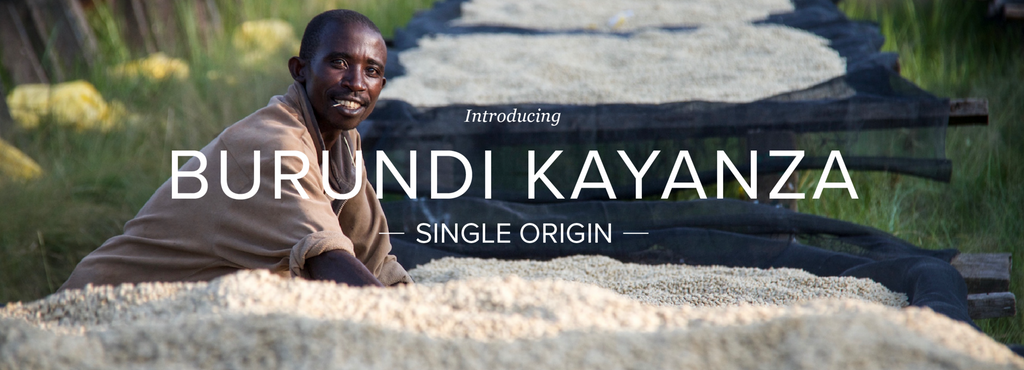
"LIMITED EDITION" Burundi Kayanza
Share
Burundi is a small, landlocked country (surrounded entirely by land) in the Great Lakes region of Central Africa.
It's situated in the African Great Lakes region of East Africa, neighboring Rwanda to the north, Tanzania to the east and south, and the Democratic Republic of the Congo to the west. The southwestern border is adjacent to Lake Tanganyika.
Most coffee is grown in the mountains of the north in varying altitudes from the lowest point being the lake at 772 meters above sea level (MASL) to the top of Mount Heha at 2670 MASL.
The Heirloom coffee varietal bourbon is the main varietal grown in Burundi and was first introduced by the Belgians in the early 1930s and has been growing in the country ever since.This type of varietal is higher in yield, producing more cherries than most other varietals. Bourbon coffees are known for having more complexity and sweetness in the taste profile. Burundi uses traditional practices of wet-processing coffee cherry.
This particular Burundi coffee is made up of several small holder producers from the northern part of Kayanza who belong to the Nemba Co-operative.
Kayanza farmers are well-known and highly regarded for producing some of the best coffees in the country with over 800.000 families directly involved in coffee farming. Their combined total acreage is roughly 60.000 hectares in the whole country and planted with about 25 million coffee trees with each farmer tending crops of 50 - 250 trees on their land.
High elevations, rich volcanic soils and experienced and disciplined farmers are some of the things that set Kayanza apart from neighboring coffee growing areas within Burundi.
The biggest challenges to quality are good agricultural practices and farmer access to fertilizer. Agronomists work with the farmer associations, both pre-harvest and harvest on educating good agricultural practice but fertilizer use is a challenge connected with poverty and producers struggle to be able to afford fertilizer. However, according to a local washing station manager, higher prices can be achieved in the market as farmers increase yields with better farming practices and improve the quality of cherry selection. Nemba washing station's practices in coffee wet-milling are definitely good. If the coffee that is selected includes unripe cherry, the manager of the washing station will ask the farmer to sort these particular cherries out and its all done by hand. To attract better prices on the international market, the farmers know that they must harvest only when the cherries are ripe and then processed promptly for better quality.
This “Limited Edition” coffee is stunning, complex and elegant. Depending on how you prepare it, either as a pour over, cold drip or as an espresso, It displays cup notes of raspberry, nectarine, honey and cocoa with smooth, velvety mouthfeel, leaving a lingering sweet aftertaste.

